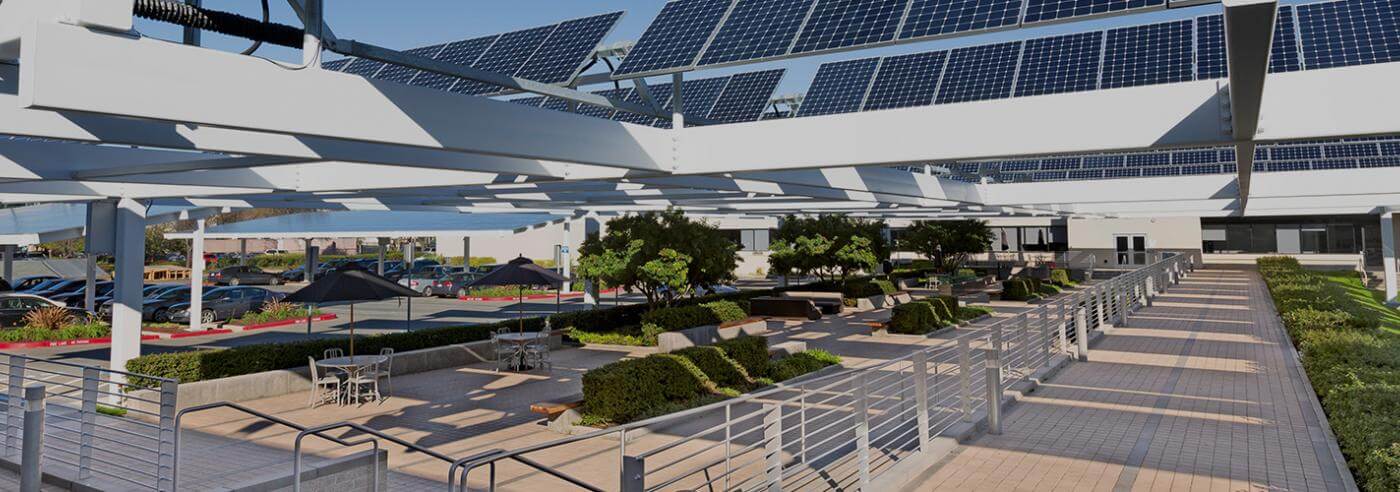Help Center
Information, and Frequently Asked Questions about Solar Energy

Information, and Frequently Asked Questions about Solar Energy

The cost of a home solar system can vary due to a range of factors including location, system size, brand and quality, complexity of the installation, and more.

The size, shape, and slope of your roof are also important factors to consider. Typically, solar panels perform best on south-facing roofs with a slope between 15 and 40 degrees, though other roofs may be suitable too. Contact us to determine if Solar is good for you

While of course solar panels need sunlight to produce energy, it’s important to learn how cloudy conditions can affect the efficiency of solar energy generation and how factors such as partial shade and tree cover can impact your solar system power output. In short, solar panels still work in cloudy weather. They just might generate less power, depending on the quality and efficiency of your panels.

By going solar, you are producing your own electricity, so you are no longer subject to the rate hikes from your utility company. For example, utility companies in the northeast increase rates an average of 6-7% annually (and lately have been by double digits). Because of that, it’s common for our clients to see savings of 20-50% on day one by going solar.

Net metering is selling the excess electricity produced by your solar system back to your power company. Florida is a state that has net-metering. If you generate more electricity than you use, net metering is the mechanism used to keep track of the power generated and used. A net meter will be placed on your house to keep track of the electricity flow that you produce and consume, including what is sold back to the power company.